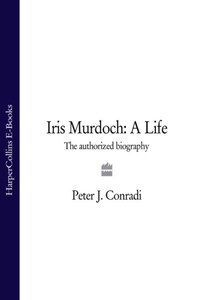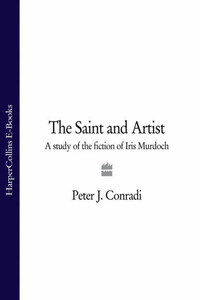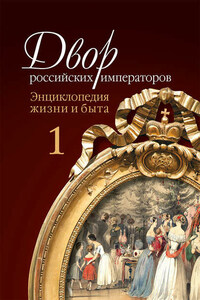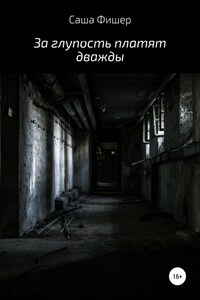Iris Murdoch wrote to her friend the painter Harry Weinberger in October 1985, when he was contemplating writing his memoirs, ‘how precious the past is, how soon forgotten’, regretting how little she had researched her own family. She told her old refugee-camp friend Jože Jančar in about the same year to expect a call one day from her biographer. When ‘feeling mortal’ in 1963 she had sent some poems to her publisher at Chatto & Windus, Norah Smallwood, explaining, ‘I would like one or two of these poems to have a chance of surviving.’>1 She lodged a story, her family tree and her husband John Bayley’s Newdigate Prize poem with her literary agent Ed Victor in the 1980s. How she was remembered mattered: she once startled a Jesuit student who had quoted St Augustine by asking, ‘Have you any evidence that he was a good man?’ She kept in London a copy of H. House’s Sketches for a Portrait of Rimbaud, and a well-thumbed Life of Shakespeare by A.L. Rowse. She encouraged Stephen Gardiner in his biographies of Jacob Epstein and Elisabeth Frink.
The idea of a biography of her was first mooted by the publisher Richard Cohen.>2 At first appalled, she later consented to her friend A.N. Wilson writing it, and Chatto showed interest in commissioning the book as a Socratic dialogue. At some point in their researches, after 1990, both she and Wilson cooled to the idea. Probably Dame Iris wanted only intellectual biography, at least during her lifetime, though she was resigned, as she told the American biographer Jeffrey Meyers, to the matter being resolved after she had ‘departed this scene’. I raised the issue at the end of 1996, the year when Iris and John Bayley and my partner Jim O’Neill and I had started to spend weeks together in Radnorshire. It did not seem right that the life of so remarkable a person should go unrecorded, and I hoped that it would be written by someone sympathetic.
I had loved her work since finding The Bell in Oundle school library around 1960, and thought, like tens of thousands, ‘These books are about me.’ I wrote my Ph.D. on her Platonism (later published as The Saint and the Artist: A Study of the Fiction of Iris Murdoch), and we met at a lunch party in 1981 to celebrate her honorary doctorate from the University of East Anglia. Eighteen months later, listening to her give the ten Gifford lectures in natural theology over a fortnight in Edinburgh, and argue that the good man literally sees a different world from the mediocre or bad man, I was shocked into a new way of thinking. We met again, and I discovered I was a Buddhist. (Talking to her old Oxford contemporary M.R.D. Foot about Iris’s converting Frank Thompson to Communism in March 1939, we decided she was always a collector of souls.) This interested her. John Bayley’s Iris: A Memoir of Iris Murdoch (US title Elegy for Iris) suggests I taught her about Buddhism; at first she taught me.>* We met for lunch, once or twice a year, often at Dino’s in South Kensington. She liked the first-floor restaurant, where there were sometimes no other diners: despite her partial deafness, she could hear there. On one such occasion, having just learnt to stand on my head in a Hatha-Yoga class, I offered to demonstrate. She declined, but put the incident into The Good Apprentice, when Meredith stands on his head for Stuart. She was appalled to learn that there were Tibetan teachers who had love affairs with their students. She said fiercely, ‘I have committed many sins, but never that one,’ referred to it in The Message to the Planet, and introduced me to her friend Andrew Harvey, who had recently written the Buddhist-inspired A Journey in Ladakh, whom I think she hoped might wean me from my teachers. In 1988 she invited me to join her and John for Christmas lunch, but this invitation came unworkably late (Christmas morning). She attended a seminar on her work in 1989 at Kingston University, where I taught, and Kingston awarded her an honorary doctorate at the Barbican in 1993, where she gave away degrees. She sent me as a gift a typescript liberally annotated in her hand of her radio opera









